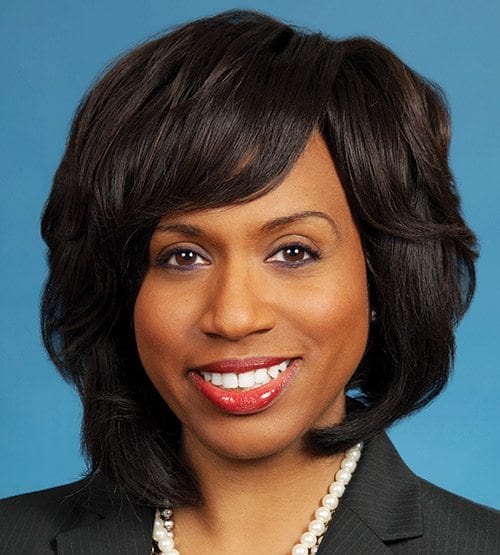Council extends urban renewal
BRA agrees to give Council advance notice of land takings

The City Council voted 10-3 last week to extend the Boston Redevelopment Authority’s 14 urban renewal areas for the next six years, following a year-long public comment period that included contentious meetings with BRA officials and community activists.
While several councilors had sought a more limited two-year extension for the urban renewal designations, BRA officials agreed to report more regularly to the council and to inform councilors of modifications to its urban renewal plans within 30 days.
At a glance
BRA’s 14 urban renewal areas:
- Brunswick-King (Dorchester)
- Campus High (Roxbury)
- Central Business District Boylston-Essex
- Central Business District School-Franklin
- Central Business District South Station
- Charlestown
- Downtown Waterfrond-Faneuil Hall
- Fenway
- Government Center
- Kittredge Square (Highland Park)
- Park Plaza
- South Cove (Chinatown)
- South End
- Washington Park (Roxbury)
In the end, Councilors Ayanna Pressley, Tito Jackson and Josh Zakim voted against the extension.
“This has been a tough decision for me,” said City Council President Michelle Wu, who initially opposed the extension of the urban renewal designation. “And this has been an evolution in terms of my own thinking.”
The BRA’s urban renewal districts, most of which were established in the 1960s and 1970s, were originally established in blighted areas of the city to help encourage redevelopment. In the 1960s, the term urban renewal became synonymous with forced displacement of mostly black residents of low-income, inner city neighborhoods. Some blacks in Boston sardonically referred to the program as “Negro removal.”
Last year, as BRA officials met with community groups, many neighborhood activists questioned why the BRA is seeking to maintain blighted status in parts of Boston where blight is a distant memory. BRA officials argued that the designation helps them with assembling parcels of land for development, clearing land titles for sale and other steps necessary for advancing large development projects.
District 7 City Councilor Tito Jackson is unconvinced.
“The city of Boston is on fire with real estate development,” he said. “Less than ten percent of the city is under urban renewal. Not having urban renewal hasn’t kept the other 90 percent of the city from developing.”
Jackson says the council vote extended the BRA’s urban renewal designation without giving the council any significant oversight over the agency.
The council’s vote comes after scathing audits of the BRA found a lack of accounting and internal controls that failed to track payments from developers and leases on publicly-owned land.
The city council last year asked the BRA for an accounting of its land disposition agreements with developers and its assets as it made its case for extending urban renewal another ten years. Pressley said the agency ought to have presented that information before the council agreed to extend the program.
“The sequencing should be about getting an inventory of assets,” she said. “From there we could determine whether urban renewal should be renewed.”
Councilor Bill Linehan, chairman of the Committee on Planning and Development, authored the council’s compromise with the BRA. In it, the agency is required to compile an inventory of its land disposition agreements, provide the council with notice of any planned changes to its urban renewal areas 30 days before they are due to take effect, provide 30 day notice of any planned land takings and review its current processes for disposition of BRA-owned land in accordance with community planning goals and priorities.
Pressley said, given those agreements, she would have favored a shorter extension period.
“I just couldn’t get to six years,” she said. “Two or three years would have been fair.”







